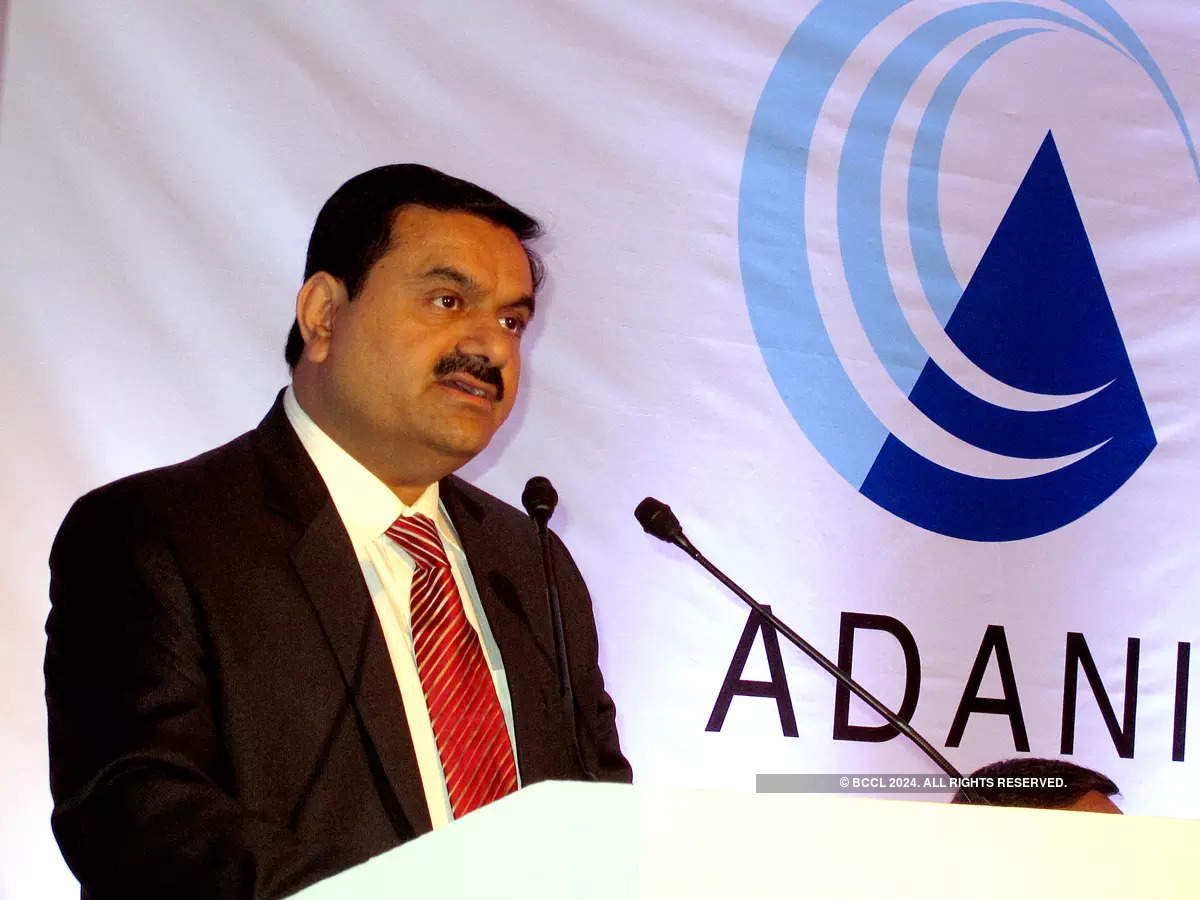SC asks Sebi to complete Adani case probe in 3 months

NEW DELHI: In a important judgment, the Supreme Court on Wednesday decided not to order a special investigation team (SIT) or Central Bureau of Investigation (CBI) probe into the Gautam Adani-Hindenburg Research controversy. The SC bench, led by Chief Justice D Y Chandrachud, has instead directed the Securities and Exchange Board of India (Sebi) to complete its investigation into the remaining two cases of alleged violations by Adani group companies within three months.
The court’s decision is primarily based on the evaluation of the authenticity of the reports and the jurisdiction of Sebi. The bench expressed skepticism about the reliability of the George Soros-linked OCCRP report and the Hindenburg report on alleged stock manipulations by the Adani group, saying that these reports cannot be independently verified and should not be treated as authentic information.
Furthermore, the Supreme Court upheld the validity of the FPI regulations, which were allegedly used by the Adani group to inflate its stock prices. The court ruled that there was no substantial ground to quash these regulations, affirming that they do not suffer from any legal infirmities.
Addressing the conflict of interest allegations against members of the SC-appointed SIT, raised by advocate Prashant Bhushan, the court found no merit in these claims. The allegations were vociferously highlighted but ultimately rejected by the Supreme Court, reinforcing the integrity of the SIT members.
Chief Justice Chandrachud emphasized the limited power of the court to intervene in the regulatory framework of Sebi. He said, “The power of this court to enter the regulatory framework of Sebi is limited.” This statement underlines the court’s approach to respect the autonomy and expertise of regulatory bodies like Sebi in their domain.
The court also rejected the petitioners’ arguments regarding the conflict of interest on the part of the members of the expert committee. It reaffirmed that reliance on unverified third-party reports, such as the OCCRP report, cannot be considered as proof in legal proceedings.
In addition to directing Sebi to complete its investigation, the Supreme Court has instructed the government of India and Sebi to examine any legal infractions by the Hindenburg report on short selling and to take appropriate action in accordance with the law. The court also advised that the recommendations of the committee to strengthen the interests of Indian investors should be taken into consideration.
This ruling marks a significant moment in Indian jurisprudence, where the Supreme Court has shown deference to the expertise of regulatory bodies like Sebi and has refrained from intervening in their domain unless there is clear evidence of deliberate and willful violation of rules and regulations. The decision not only upholds the authority of Sebi but also reinforces the importance of verified information in legal proceedings, setting a precedent for future cases involving complex financial matters.
(With inputs from agencies)
